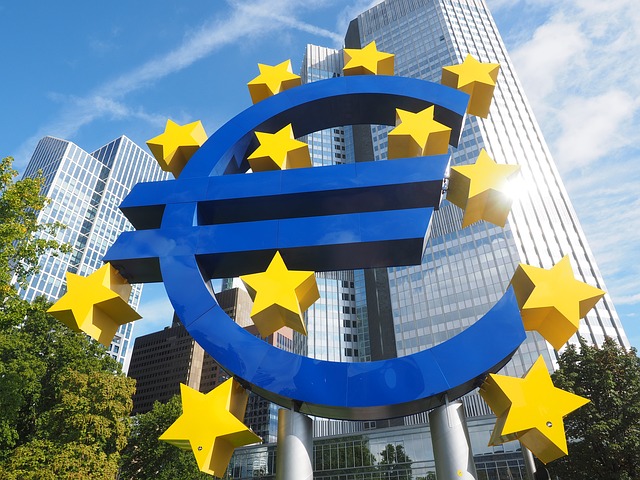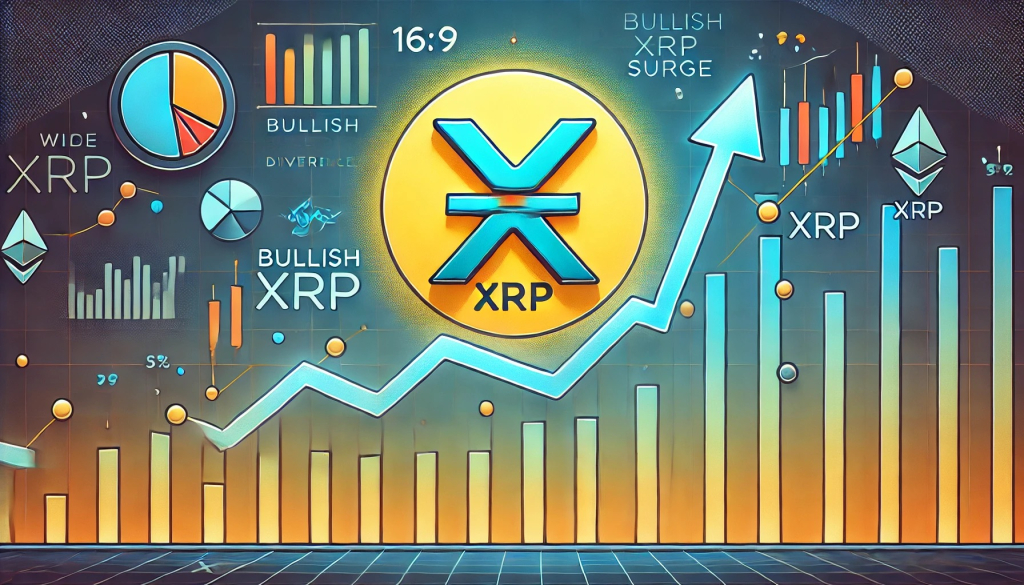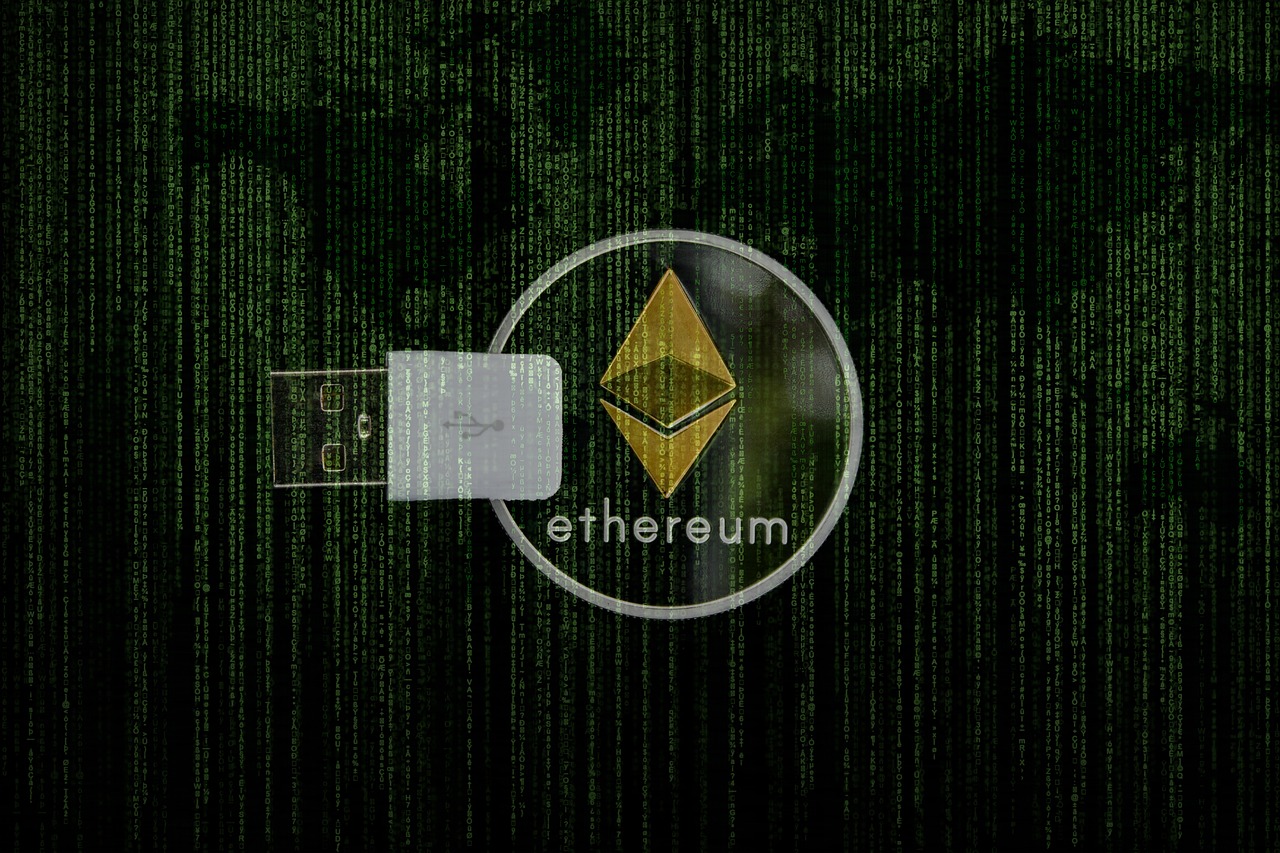The European Securities and Markets Authority (ESMA) has identified regulatory gaps in the licensing regime for fintech firms engaged in the area of crypto- assets, initial coin offerings (ICOs), and distributed ledger technology (DLT).
The regulator last week published a report on the status of licensing regimes of fintech firms operating across the European Union.
The report, entitled “Licensing of FinTech business models,” is based on two surveys which sought to gather evidence from national competent authorities (NCAs) on the licensing regimes of FinTech firms in their jurisdictions. The surveys were conducted by ESMA – the first one was conducted in January 2018 and the second in January 2019.
Based on the surveys, ESMA said that NCAs do not usually distinguish between fintech and traditional business models in their authorization and licensing activities as they authorize a financial activity and not a technology. In its findings, the regulator wrote:
“The primary area where regulatory gaps and issues have been identified by NCAs and where FinTech firms do not fit neatly within the existing rules is related to crypto- assets, ICOs and DLT. NCAs called for more clarity at the EU level with respect to the definition of financial instruments and the legal nature of crypto-assets.”
ESMA further added that the responses from NCAs confirmed its crypto asset advice that certain tokens are financial instruments and subject to the full attendant regulation, while those tokens that are not deemed financial instruments should be subject to some minimal level of regulation.
In addition to fintech firm, the surveys also identified the need for greater clarity around the governance and risk management processes associated with cybersecurity and cloud outsourcing.
ESMA concluded saying that innovative business can currently operate within the existing EU rules and therefore it does not make additional recommendations for changes in EU regulation at this stage.
“Considering the results of the both Surveys, ESMA reiterates the importance of work already conducted and unfolding in the field of crypto-assets/ ICOs/DLT and cyber security/cloud outsourcing,” ESMA said. “In line with the conclusions of the EBA and EIOPA, ESMA does not put forward any specific recommendations to the EC on a need to adapt financial services legislation at this stage. Nonetheless, further considerations may be needed to further adapt the EU legislative framework to emerging innovations.”

























Comment 0